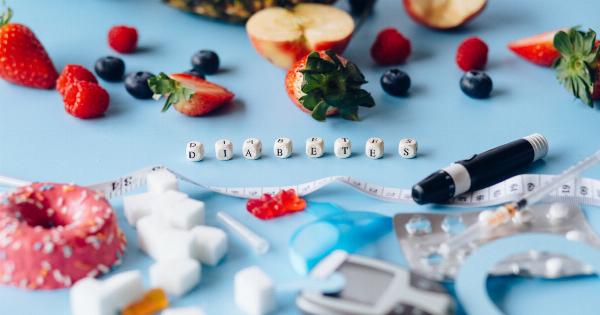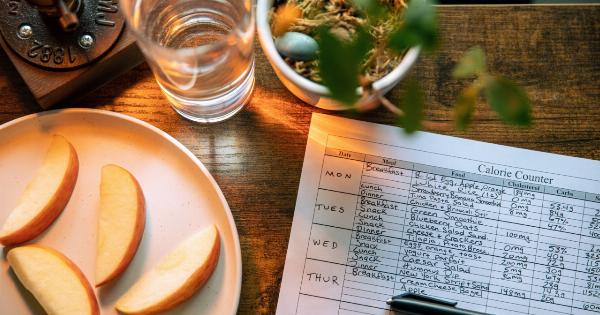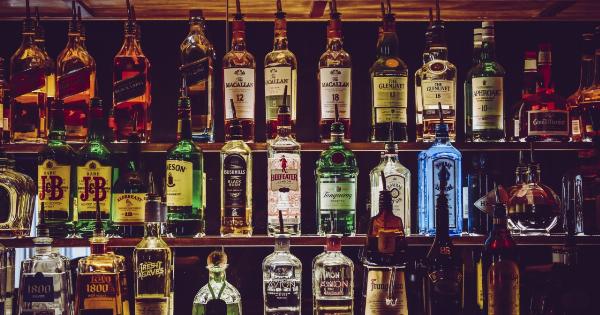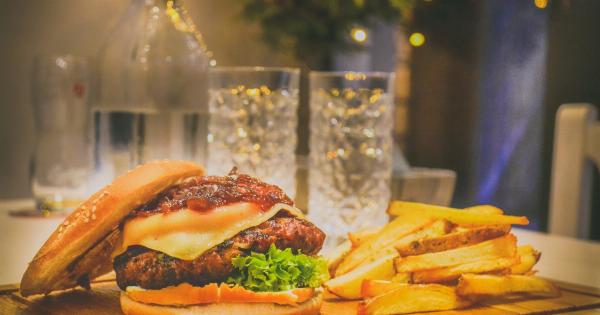Counting calories is essential for maintaining a healthy and balanced diet. While most people are aware of the calories in food, many tend to overlook the calories in their favorite alcoholic beverages, such as beer.
In this article, we will explore the calorie content in beer and how it can impact your overall calorie intake.
Understanding Calories
Before delving into the specifics of beer calories, it’s important to understand what calories are. Calories are a unit of energy that our body needs to function properly. They come from the three macronutrients: carbohydrates, fats, and proteins.
Consuming more calories than your body needs can lead to weight gain, while consuming fewer calories can result in weight loss.
Calories in Beer
Beer contains calories primarily from the alcohol and carbohydrates it contains. On average, a regular 12-ounce (355 ml) beer contains around 150-200 calories.
However, the specific calorie content can vary depending on the brand, type, and alcohol percentage.
Light Beers
Light beers are often marketed as a lower-calorie alternative to regular beers. These beers typically have a reduced alcohol content and fewer carbohydrates, resulting in a lower calorie count.
Light beers can range from 90 to 120 calories per 12-ounce (355 ml) serving.
Regular Beers
Regular beers, also known as full-strength beers, have a higher calorie content compared to light beers. A typical regular beer can contain anywhere from 150 to 200 calories per 12-ounce (355 ml) serving.
It’s important to note that craft beers and specialty beers may have higher calorie content due to their ingredients and brewing methods.
High-Alcohol Beers
High-alcohol beers, such as IPAs (India Pale Ales) and stouts, tend to have a higher calorie content due to their increased alcohol percentage. These beers can range from 200 to 300 calories per 12-ounce (355 ml) serving.
It’s important to consume high-alcohol beers in moderation to avoid excessive calorie intake.
Impact on Caloric Intake
Consuming beer can significantly impact your overall caloric intake, especially if you enjoy it frequently or in large quantities.
It’s essential to be mindful of your beer consumption and factor it into your daily calorie goals if you’re trying to maintain or lose weight.
Strategies for Lower-Calorie Beer Choices
If you’re watching your calorie intake but still want to enjoy a beer, there are a few strategies you can employ:.
- Opt for light beers: As mentioned earlier, light beers generally have fewer calories compared to regular beers.
- Choose lower-alcohol options: Beers with lower alcohol percentages will generally have fewer calories.
- Explore non-alcoholic options: Non-alcoholic beers are another alternative that typically has a lower calorie count.
- Watch your portion sizes: Stick to smaller serving sizes to minimize your overall calorie intake.
The Importance of Moderation
Regardless of the calorie content in beer, it’s crucial to consume alcoholic beverages in moderation. Excessive alcohol intake can lead to various health problems, including weight gain, liver damage, and an increased risk of certain diseases.
In Conclusion
Being mindful of the calorie content in beer is important for maintaining a balanced diet and achieving your health and fitness goals.
By choosing lower-calorie beer options and limiting your consumption, you can still enjoy a cold one while keeping your calorie intake in check.






























